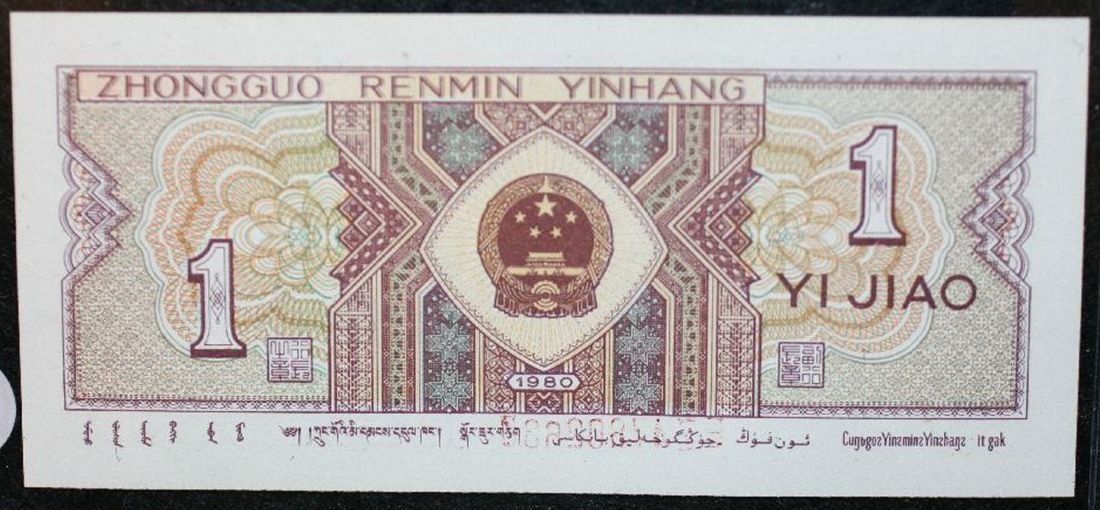On the Wall Street Journal's Emerging Europe blog, Emre Peker reports on a case of linguistic chicanery, with none other than Noam Chomsky as its victim.
Coming from Noam Chomsky, the following sentences may look as if the famed American linguist was seeking to develop a new syntax: “While there have been tampered with, sometimes with the Republic of Turkey won democracy. It ruled democratic elections.”
Except they didn’t belong to Mr. Chomsky, but to an imaginative Turkish newspaper, while the quotes appear to have been translated into English using Google’s translation tool.
On August 27, Turkish daily Yeni Safak, or New Dawn, published a front page article headlined–“The Arab Spring Has Now Found Its True Spirit”–which it claimed was based on an e-mailed exchange with Mr. Chomsky. The interview, which was conducted in English and centered on the crisis in Egypt, had taken place two weeks previously, the story said.
According to Yeni Safak, the renowned antiwar activist spent a considerable part of the exchange defending policies parallel to those of Turkish Prime Minister Recep Tayyip Erdogan. The newspaper also cited several answers by the world’s most famous linguistics professor in unintelligible English.
“This complexity in the Middle East, do you think the Western states flapping because of this chaos? Contrary to what happens when everything that milk port, enters the work order, then begins to bustle in the West. I’ve seen the plans works,” Mr. Chomsky allegedly said in an answer to one question.
The text, however, flows perfectly in Turkish. Plugging the Turkish content into Google Translate shows that Mr. Chomsky was left uttering phrases like “milk port”–a direct translation of an idiom derived from sailing that means “calm.”
Read the rest of this entry »



 J.P. Villanueva writes:
J.P. Villanueva writes: